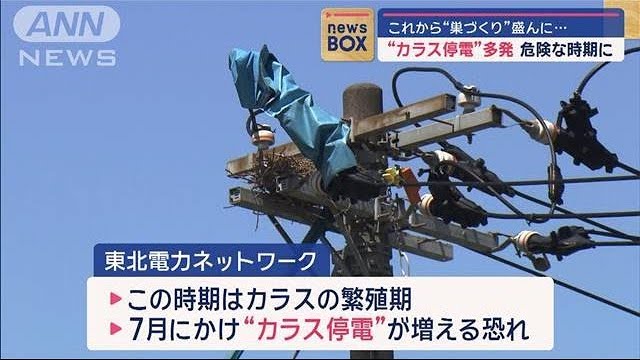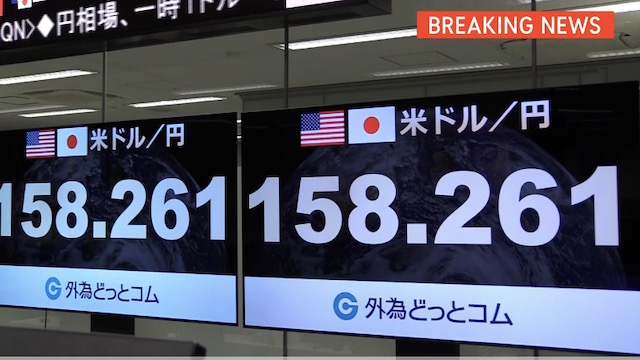Jun 27 (Japan Times) - A crisis exposes the contradiction inherent in a society in various forms. That is an important lesson from history.
The confusion caused by the COVID-19 crisis has brought various problems of Japanese society into focus. But that also means an opportunity to drastically reform society in one go. It must be closely watched whether the government will address those problems in its basic economic and fiscal policies and growth strategy to be released this summer.
The first question concerns promoting cashless payments. Among major developed countries, the ratio of cashless settlement remains low in Japan, along with Germany. Symbolic of this problem is the old-fashioned system of settlements among banks. In such countries as the United States, Britain and France, interbank transfers do not require any fee equivalent to the one charged in Japan because a fee is commonly imposed on the maintenance of bank accounts. In Japan, a fee of ¥117 is required for transfer of less than ¥30,000 and ¥162 for ¥30,000 or more. The high fees are hampering the spread of cashless settlement. The interbank transfer fees in Japan have not been changed for more than 40 years.
In a sense, Japan’s banking system was solidly built over the industry's long history. On the other hand, it is tough to adapt to a new system. Whether reform of the interbank settlement system will proceed this time will serve as a touchstone for overall reform of Japan for better or worse. Also important will be the next phase of reform — how to make use of the big data that promotion of cashless payments is expected to collect. Japan needs to promptly build a strategy to deal with this kind of leading-edge issues so that it can use the fruits of the Fourth Industrial Revolution for economic growth.
The second problem that needs to be addressed is ways of working. The average working hours per day in April this year was one hour and 23 minutes shorter than a year ago. According to a survey taken in April and May amid the COVID-19 crisis, 66 percent of the respondents — the largest group — said that enabling people to take side jobs would be the most effective solution to such work-related problems.
Japanese companies, in particular major firms, still cling to long-term employment and seniority-based promotion. However, promoting side jobs for employees is also necessary from the viewpoint of increasing the level of mobility in the labor market that is required in the "100-year life" era.
One problem here is that many companies do not allow their employees to hold side jobs for practical reasons — because under current labor laws employers are required to manage the employees' work hours including the time spent on side jobs. A practical solution must be presented to managing the work hours of those employees.
The third issue relates to a topic that's gaining attention recently: the method of distributing cash payouts and subsidies to individuals and businesses hurt by the COVID-19 pandemic. Some opposition parties and the media have criticized the government for commissioning certain private-sector companies to do the actual work of distributing the cash on its behalf. However, discussions over the matter must go deeper — to structural reform of the nation's administrative system.









